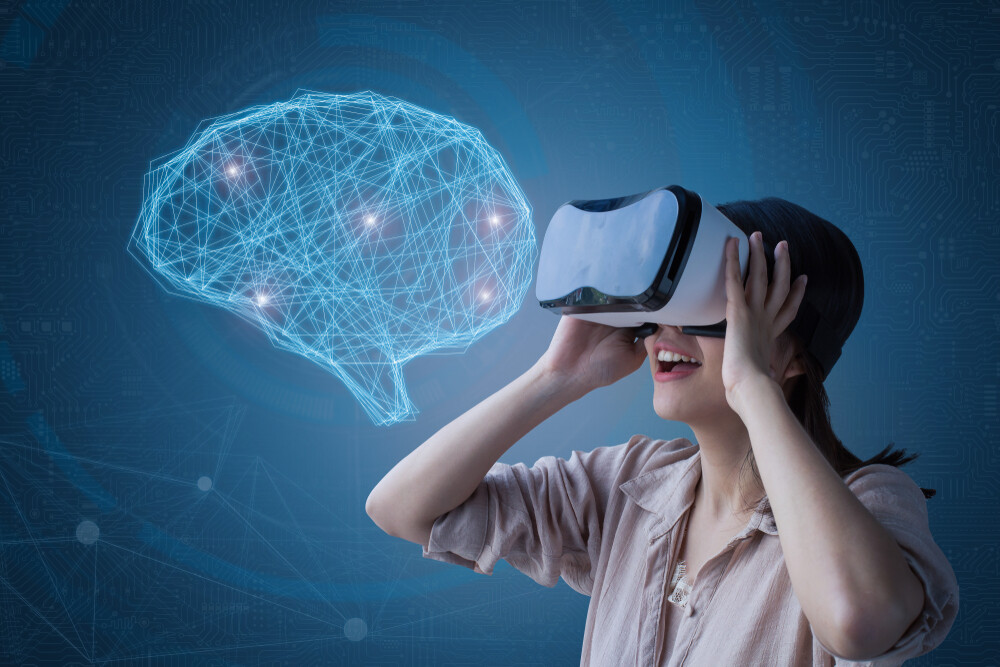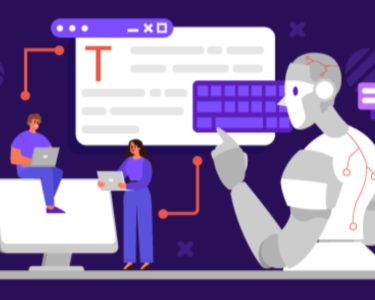
Artificial Intelligence in Gaming: Revolutionizing the Player Experience
Artificial intelligence (AI) has become an integral part of modern gaming, transforming the way players interact with virtual worlds, characters, and challenges. As AI technology continues to advance, its impact on the gaming industry is only expected to grow.
Enhanced AI in Non-Player Characters (NPCs)
AI has revolutionized the behavior of NPCs in games. Traditional NPCs were often programmed with simple routines and limited interactions. However, advanced AI algorithms now enable NPCs to exhibit complex personalities, adaptive decision-making, and realistic emotions. This creates a more immersive and engaging experience for players, as they can interact with NPCs as if they were real people.
Intelligent Personalized Gameplay
AI plays a crucial role in personalizing the gameplay experience for each player. It tracks player behavior, preferences, and progress to adjust the difficulty, rewards, and challenges accordingly. This ensures that players are always presented with content that is tailored to their skill level and interests. Additionally, AI can analyze gameplay data to identify areas where players need assistance or guidance, providing real-time feedback and support.
Immersive Virtual Environments
AI is used to create realistic and dynamic virtual environments in games. It generates procedural content, populates worlds with believable characters, and simulates natural phenomena such as weather and lighting. AI can also optimize the performance of these environments to ensure a smooth and immersive experience for players on a variety of devices.
Improved Game Mechanics
AI is employed to improve the core mechanics of games. It can handle complex calculations, solve puzzles, and generate level designs that are both challenging and engaging. This frees up developers to focus on creating innovative gameplay experiences without being constrained by technical limitations.
Enhanced Game Analysis
AI is used to analyze player data and provide insights to developers and publishers. This information can help identify trends, optimize gameplay balance, and address player feedback. AI can also detect and prevent cheating, ensuring fair play for all players.
Future of AI in Gaming
The future of AI in gaming is bright. As AI technology continues to advance, we can expect even more transformative applications in games. Some potential areas of exploration include:
- Hyper-Intelligent NPCs: NPCs that possess near-human levels of intelligence and can engage in sophisticated conversations and interactions.
- Adaptive Game Worlds: Virtual environments that evolve and respond to player actions in real-time, creating a truly dynamic and immersive experience.
- Personalized Game Creation: AI-powered tools that enable players to design and create their own unique gameplay experiences.
Conclusion
Artificial intelligence has the power to revolutionize the gaming industry, offering players more immersive, engaging, and personalized experiences. As AI technology continues to develop, we can expect to see even more innovative and groundbreaking applications in the future. From enhanced NPCs to dynamic virtual worlds, AI is poised to shape the future of gaming and create unforgettable experiences for players of all ages.


